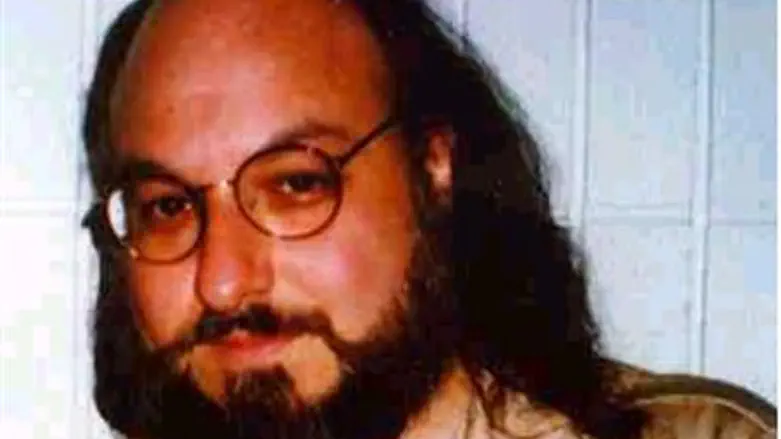
A 1987 study ordered by the CIA found that Jonathan Pollard, convicted in the U.S. of spying for Israel, never sought to obtain information about U.S. activities. Rather, he was instructed by his Israeli handlers to obtain information about Israel's enemies.
The 1987 study by the Foreign Denial and Deception Analysis Committee was ordered by the CIA. It is now being made public, 25 years later, with heavy CIA redaction. It said Pollard's handlers were Rafi Eitan, advisor on counterterrorism to Prime Minister Shamir, as well as IAF Col. Aviem Sella and Joseph Yagur, Counselor for Scientific Affairs at the Israeli Consulate in New York.
“After returning from Paris, Pollard shifted his espionage into high gear," said the report. "Beginning in late January 1985, he made large, biweekly deliveries of classified material, on every other Friday, to the apartment of Irit Erb, a secretary at the Israeli Embassy in Washington. Pollard recalled that his first and possibly largest delivery occurred on 23 January and consisted of five suitcases full of classified material,” the document said.
“Pollard recalled that Yagur on at least two occasions indicated that selected items of his intelligence were known and appreciated by ‘the highest levels of the Israeli Government.’”
The report found Israel “did not request or receive from Pollard intelligence concerning some of the most sensitive US national security resources.”
“The Israelis never expressed interest in US military activities, plans, capabilities or equipment,” it said. At Pollard's first formal tasking meeting in Paris, in 1984, his handlers reportedly asked him to provide information about: "Arab (and Pakistani) nuclear intelligence; Arab 'exotic' weaponry, including chemical weapons; Soviet aircraft; Soviet air defenses; Soviet air-to-air missiles and air-to-surface missiles; Arab order-of-battle, deployments, readiness."
The report also said that Pollard provided data on the PLO headquarters in Tunisia. The information helped Israel plan a successful 1985 raid on the headquarters, in which Yasser Arafat's deputy, Abu Jihad, was killed.
